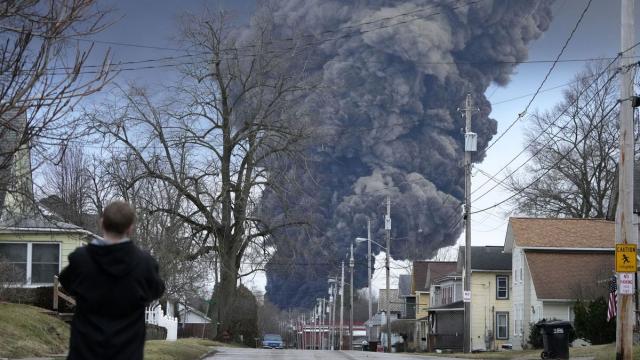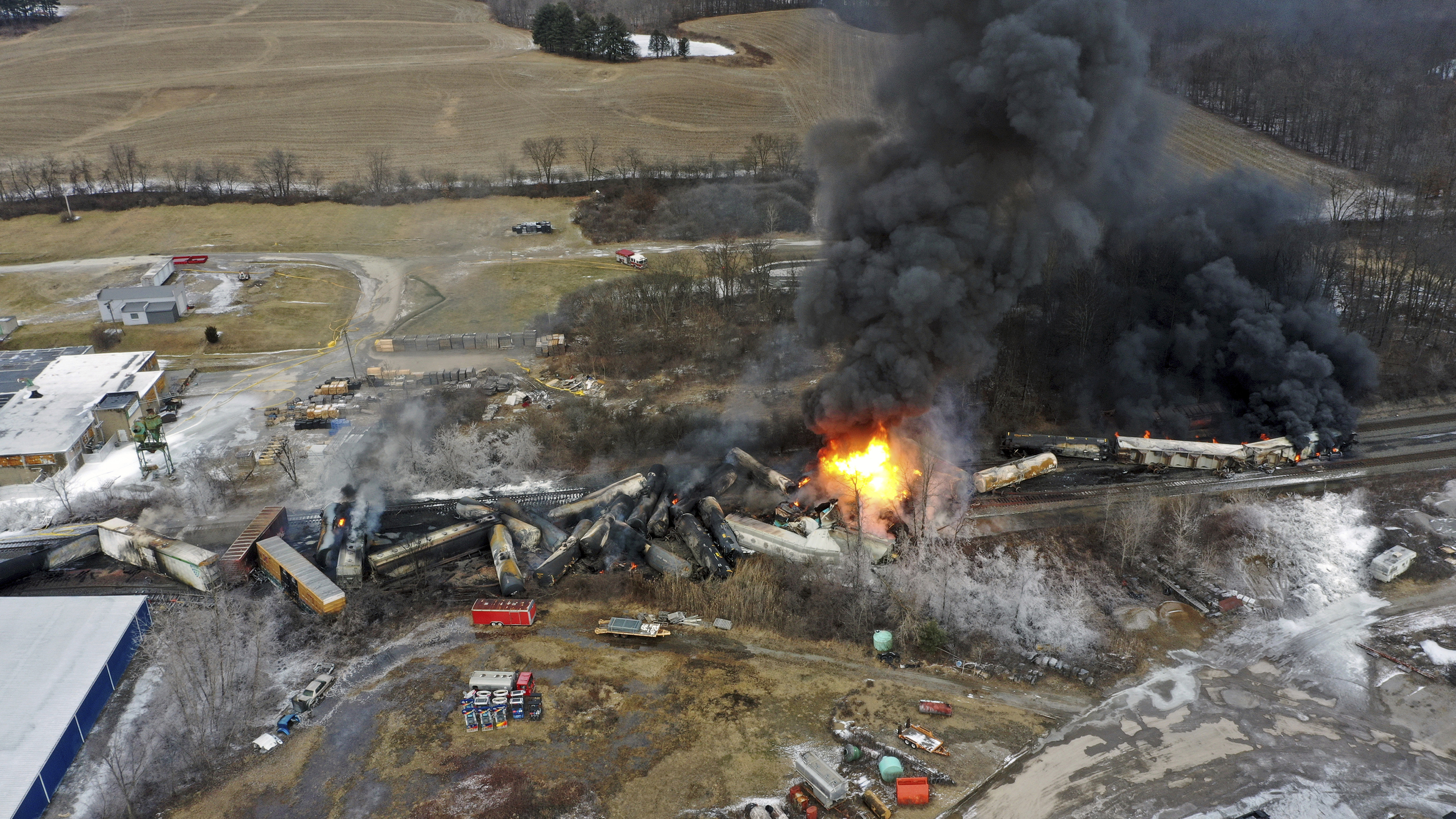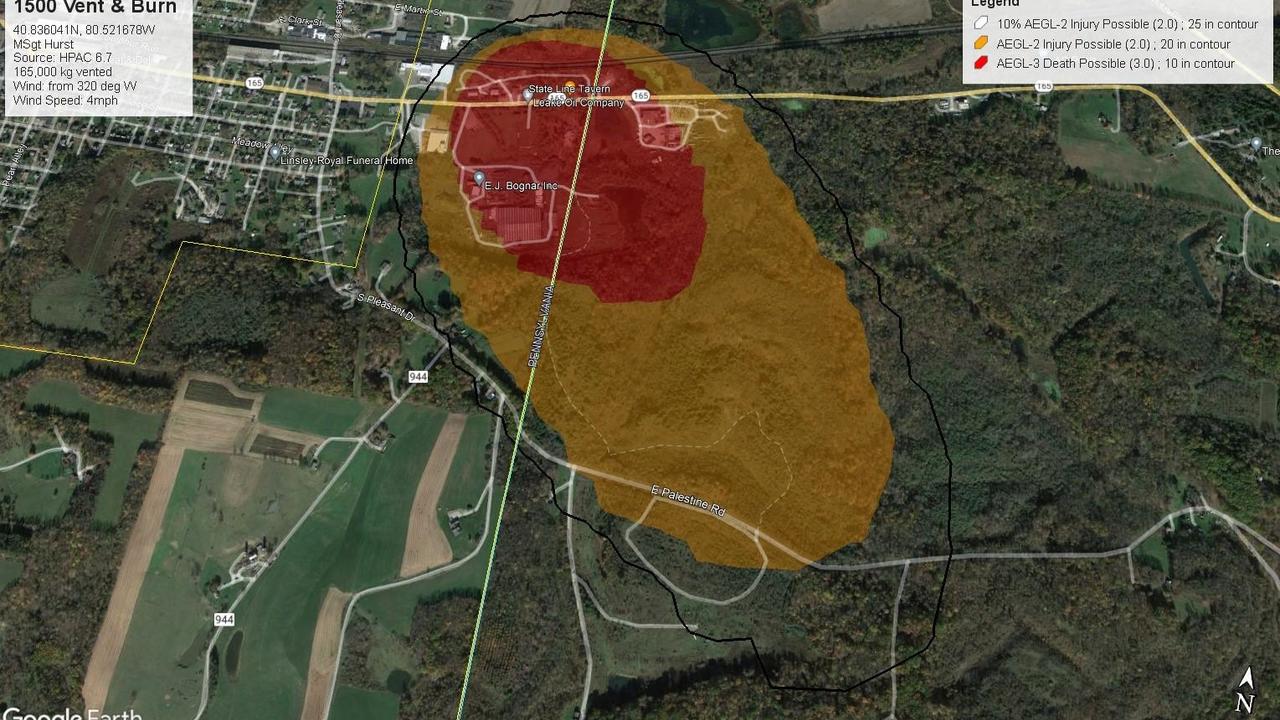
Capitalism’s Conclusion is an exclusive new Occupy.com series analyzing capitalism in its end stage, and the conditions that led to its inevitable decline. Stay tuned for future installments.
Toward the end of 2022, at the heart of the holiday shopping season, several of the largest railroad unions threatened to strike over low pay, a lack of paid sick leave, and relentless work schedules requiring engineers and conductors (approximately a third of all railroad workers) to be on call 24 hours a day, seven days a week. The Association of American Railroads – the chief lobbyist for the rail industry – estimated a strike could have cost the US economy $2 billion per day. Aside from leaving store shelves empty during peak shopping season, a nationwide rail strike would also have significantly driven up food and fuel prices, which were already at near-record highs due to inflation, the ongoing global pandemic, and the war in Ukraine.
In addition to demanding better pay and paid sick leave, railroad workers called on the industry to move away from Precision Scheduled Railroading (PSR). PSR is essentially an industry euphemism for running longer trains with fewer workers and fewer safety inspections in order to maximize profits. While PSR began in earnest in 1993, it’s nearly ubiquitous 30 years later. Long before its train carrying carcinogenic chemicals derailed in East Palestine, Ohio earlier this month, Norfolk Southern utilized PSR as a standard business practice. Its competitors, like CSX, Berkshire Hathaway (the parent company of BNSF Railroad), and Union Pacific, also profit from extensive use of PSR.
38-year-old Dean Pridemore, who lives roughly 15 miles south of the East Palestine derailment, said the area is no stranger to environmental disasters. An EPA superfund site was established in nearby Salem, Ohio, after the Ruetgers-Nease Chemical Company dumped Mirex – a known human carcinogen – into Little Beaver Creek throughout the 1960s and 1970s.
“The areas south and east of East Palestine have always been abused environmentally,” Pridemore told Occupy.com. “Sitting near the Ohio River is a bit of a gift and a curse.”
The recent Norfolk Southern derailment of trains carrying carcinogenic chemicals in East Palestine isn’t just a once-in-a-generation environmental disaster, but the inevitable conclusion of what happens when the philosophy of putting profit above public health infects not just corporate boards, but the decision-making processes of government officials and regulators.
Railroad companies’ greed proves hazardous
Railroad companies have never been more profitable than they are today. At the end of 2016, Norfolk Southern had annual revenue of approximately $9.8 billion. By December of 2022, the company posted an annual revenue of $12.74 billion. Other railroads fared similarly well: CSX had revenue of $10 billion in December of 2016, and nearly $15 billion in December of 2022. Union Pacific saw their annual revenue grow from $19.9 billion to almost $25 billion over that same time period.
Simultaneously, between 2016 and 2022, Class 1 railroads collectively reduced their workforce by approximately 29%, amounting to roughly 45,000 employees laid off, according to the Surface Transportation Board (STB). In 2019 alone, 20,000 railroad workers were fired, including 3,500 Norfolk Southern workers.
Last year, STB chairman Martin Oberman said the decline in employee headcount was a troubling trend.
“During my time on the board, I have raised concerns about the primacy Class I railroads have placed on lowering their operating ratios and satisfying their shareholders even at the cost of their customers,” Oberman stated in a press release. “In my view, all of this has directly contributed to where we are today – rail users experiencing serious deteriorations in rail service because, on too many parts of their networks, the railroads simply do not have a sufficient number of employees.”
In an October 2021 article in FreightWaves, which covers the global supply chain, a rail worker named “Randy” (last name withheld to protect his identity) said he believed PSR was doomed to fail given the wear and tear that longer trains cause to rail lines.
“I can tell you beyond a shadow of a doubt, railroads that are running PSR — it’s just a matter of time before the track is in such disrepair that they just don’t have a choice but to hire more people and start going back… Me personally, I just see PSR as a temporary thing because it just can’t work,” Randy told FreightWaves. “When a train that weighs 20,000 tons is running across the rail, it’s going to break stuff eventually.”
At the same time railroad giants were lobbying against new federal safety regulations and fighting against giving their dwindling workforce paid sick time off during a global pandemic, many spent billions on stock buybacks. Stock buybacks drive up the price of company shares and enrich executives who are typically compensated with company stock. A 2022 report by the Groundwork Collaborative shared with Common Dreams found that large class 1 railroad companies like Canadian National Railway, CSX, Norfolk Southern, and Union Pacific spent approximately $10 billion on stock buybacks just in the first half of 2022, according to earnings calls.
Consequences for the Ohio train derailment
After Transportation Secretary Pete Buttigieg (a former management consultant for McKinsey & Company) was criticized for being slow to react to the disastrous spill of toxic chemicals in East Palestine, his agency has since rolled out a sweeping proposal of recommendations for the railroad industry. Among other things, the US Department of Transportation (USDOT) seeks to protect rail workers’ jobs from reprisal for speaking out about safety violations, and is urging rail companies to provide advance notice to state officials when hazardous chemicals are being transported through that respective state, along with pushing them to provide paid sick leave to their workers.
Buttigieg also announced that USDOT would strengthen safety inspections for trains carrying hazardous chemicals and high-hazard flammable train (HHFT) routes, and inspections of older train cars for rail companies that have opted not to upgrade their cars to more durable versions that carry less risk of spilling liquid contents. USDOT is also calling on Congress to increase the maximum fine the agency can issue for safety violations from $225,455 to a higher figure, and to pass legislation that strengthens rules concerning HHFTs and trains carrying hazardous materials.
These are good initial steps to take, but still fall far short of what needs to be done in order to avoid a similar derailment in the future.
Norfolk Southern, which is headquartered in Georgia, could be subject to judicial dissolution, which is more commonly known as the “corporate death penalty.” Because states have the authority to grant a corporation’s charter, they also have the ability to revoke it. In 1890, for example, the state of New York revoked the charter of the North River Sugar Refining Corporation on the grounds that it was abusing its power as a monopoly. Georgians can exert public pressure on Secretary of State Brad Raffensberger to revoke Norfolk Southern’s charter based on the egregious neglect that led to the poisoning of both the East Palestine community and the Ohio River valley, which supplies drinking water for approximately five million people. Judicial dissolution is a justifiable penalty given that the derailment was completely foreseeable and preventable.
Congress could also pass legislation that would ban Norfolk Southern’s 14 directors from serving on corporate boards for at least ten years, if not for life. Just as a person who commits an egregious crime can suffer the death penalty and/or risk incarceration, a corporation and its board can and should suffer a similar outcome for causing significant harm to people and the environment. While it may sound like an extreme measure, taking such drastic action could serve as an example for other corporations to follow, lest those businesses and boards of directors experience a similar fate.
(Stay tuned for part 2 of this series.)
Carl Gibson is a freelance journalist whose work has been published in CNN, The Guardian, The Washington Post, The Houston Chronicle, Barron’s, Business Insider, The Independent, and NPR, among others. Follow him on Mastodon @crgibs@mastodon.social.


















